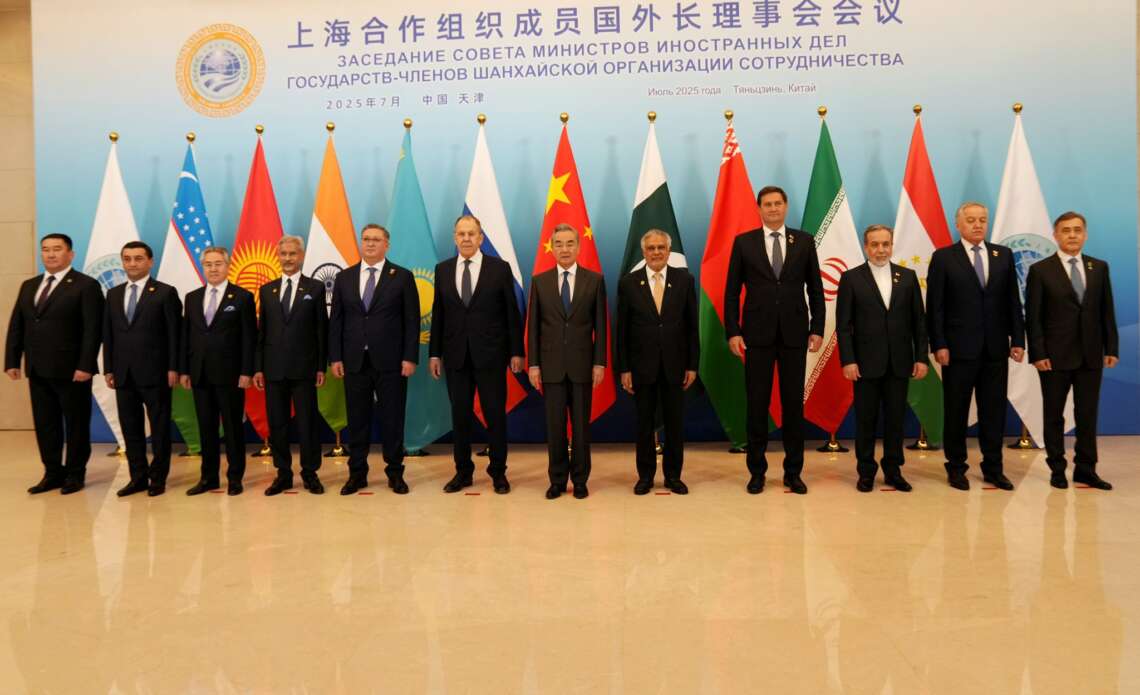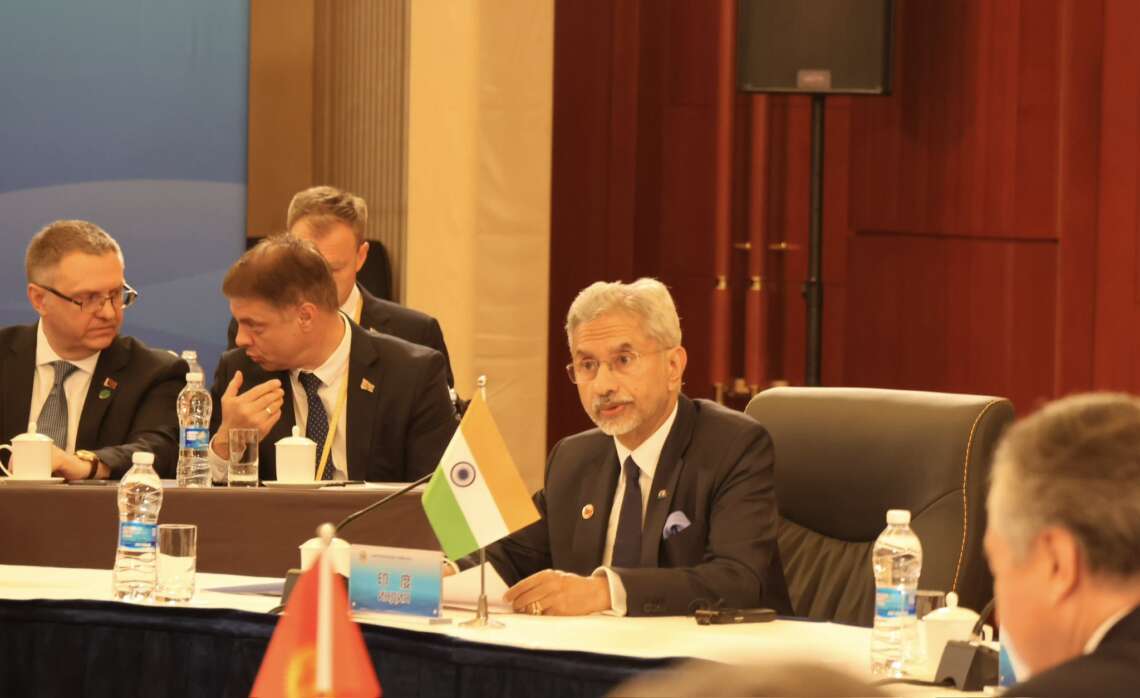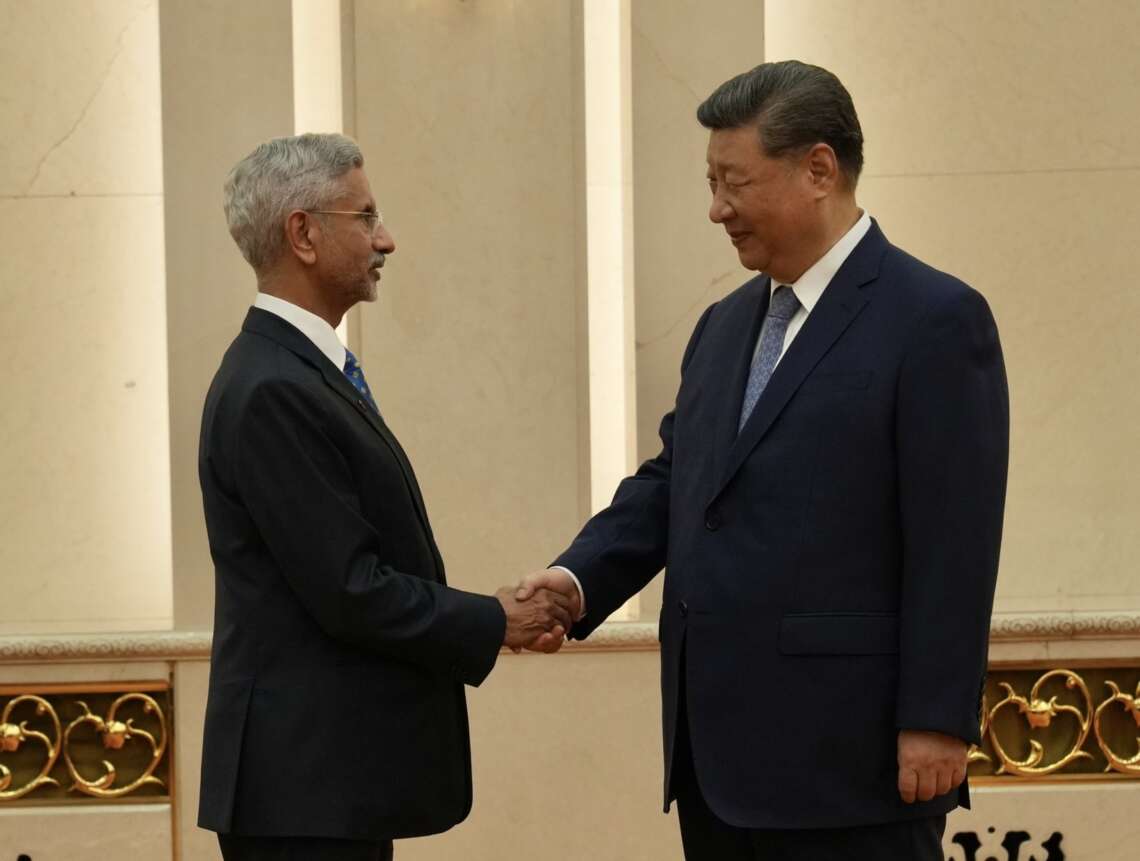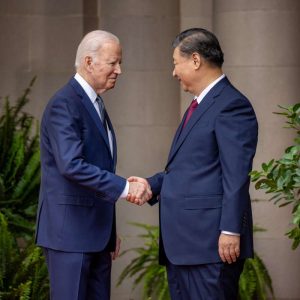The mission team plans to launch the spacecraft on a Long March rocket before the end of 2026…reports Asian Lite News
China is planning its first mission to discover exoplanets – planets orbiting outside the Solar System in other parts of the Milky Way, Nature reported.
Funded by the Chinese Academy of Sciences, the mission, called Earth 2.0, comes after China sent robots to the Moon, landed them on Mars, and built its own space station.
The mission team plans to launch the spacecraft on a Long March rocket before the end of 2026, the report said.
While so far more than 5,000 exoplanets have been discovered in the Milky Way, none can be habitable like the Earth.
“Astronomers think such a planet, called an Earth 2.0, would have the right conditions for liquid water – and possibly life – to exist,” the report said.
The mission, currently in design-phase, is awaiting a review from experts in June, following which they will start building a satellite.
The satellite will carry seven telescopes that will observe the sky for four years. Six of these will survey the Cygnus-Lyra constellations – the same patch of sky that the Kepler telescope scoured for 9 years, before it ran out of fuel in 2018, the report said.

“The Kepler field is a low-hanging fruit, because we have very good data from there,” Jian Ge, the astronomer leading the Earth 2.0 mission at the Shanghai Astronomical Observatory of the Chinese Academy of Sciences, was quoted as saying.
Together, Earth 2.0’s six telescopes will stare at about 1.2 million stars across a 500-square-degree patch of sky, which is about 5 times wider than Kepler’s view was.
At the same time, Earth 2.0 will be able to observe dimmer and more distant stars than does NASA’s Transiting Exoplanet Survey Satellite (TESS), which surveys bright stars near Earth.
“Our satellite can be 10-15 times more powerful than NASA’s Kepler telescope in its sky-surveying capacity,” Ge said.
The seventh instrument, a gravitational microlensing telescope will survey rogue planets – free-roaming celestial objects that don’t orbit any star. It will also observe exoplanets that are far from their star similar to Neptune, the report said.
The telescope will target the centre of the Milky Way where massive numbers of stars are located. If successfully launched, this would be the first gravitational microlensing telescope that operates from space, Ge said.
“Our satellite can essentially conduct a census that identifies exoplanets of different sizes, masses and ages. The mission will provide a good collection of exoplanet samples for future research,” he noted.
The European Space Agency is also planning an exoplanet mission – called Planetary Transits and Oscillations of Stars (PLATO) – that is scheduled to launch in 2026. PLATO’s design has 26 telescopes and the satellite will shift its gaze every two years to observe different regions of the sky, the report said.














